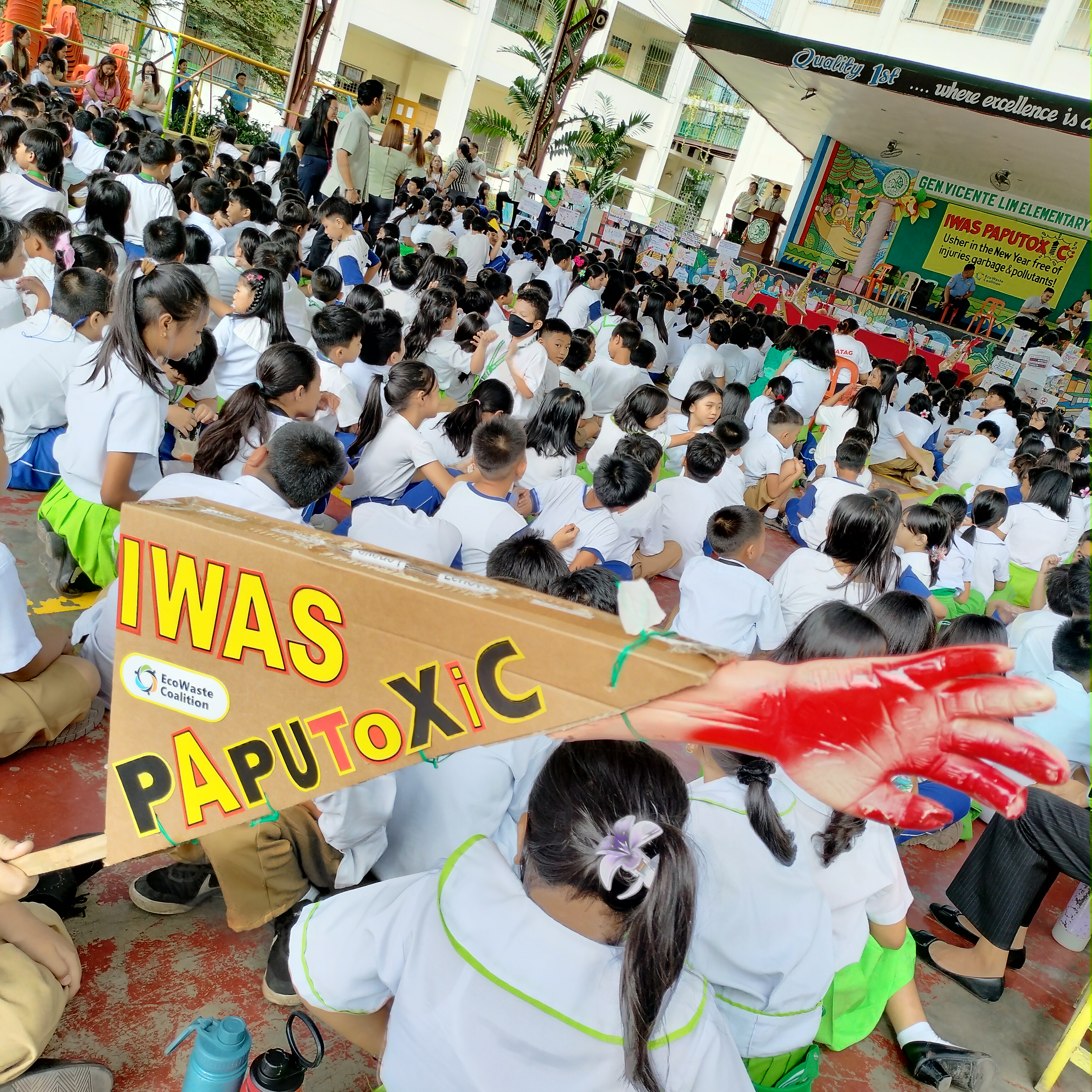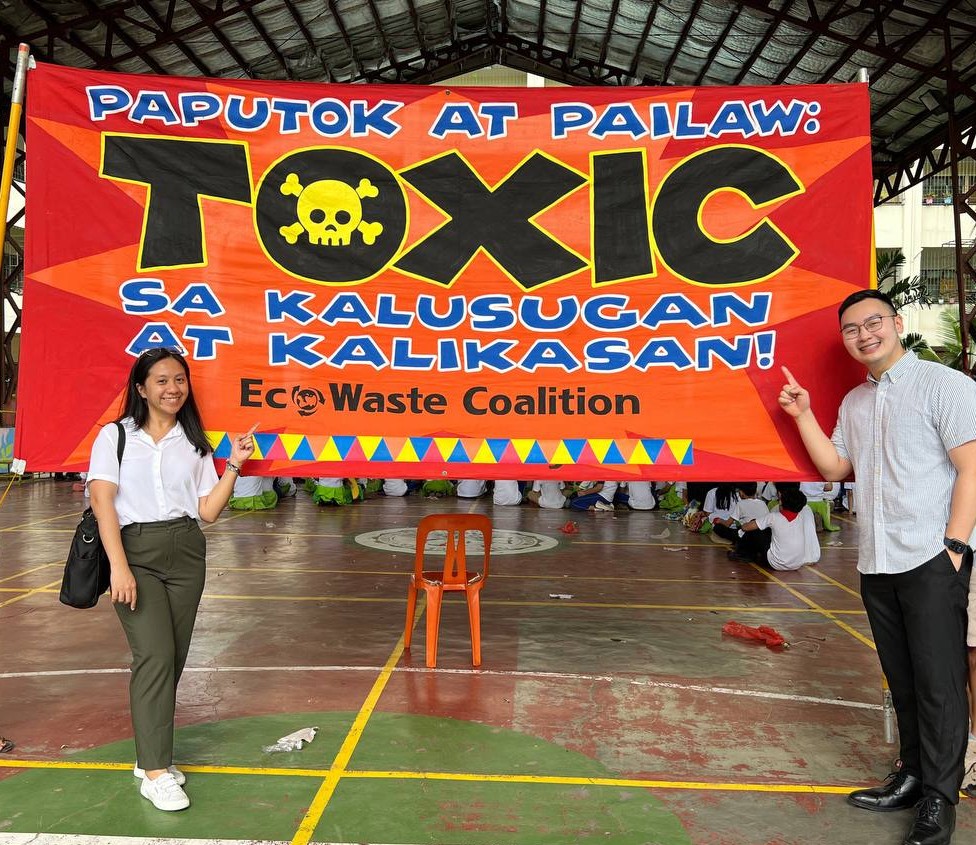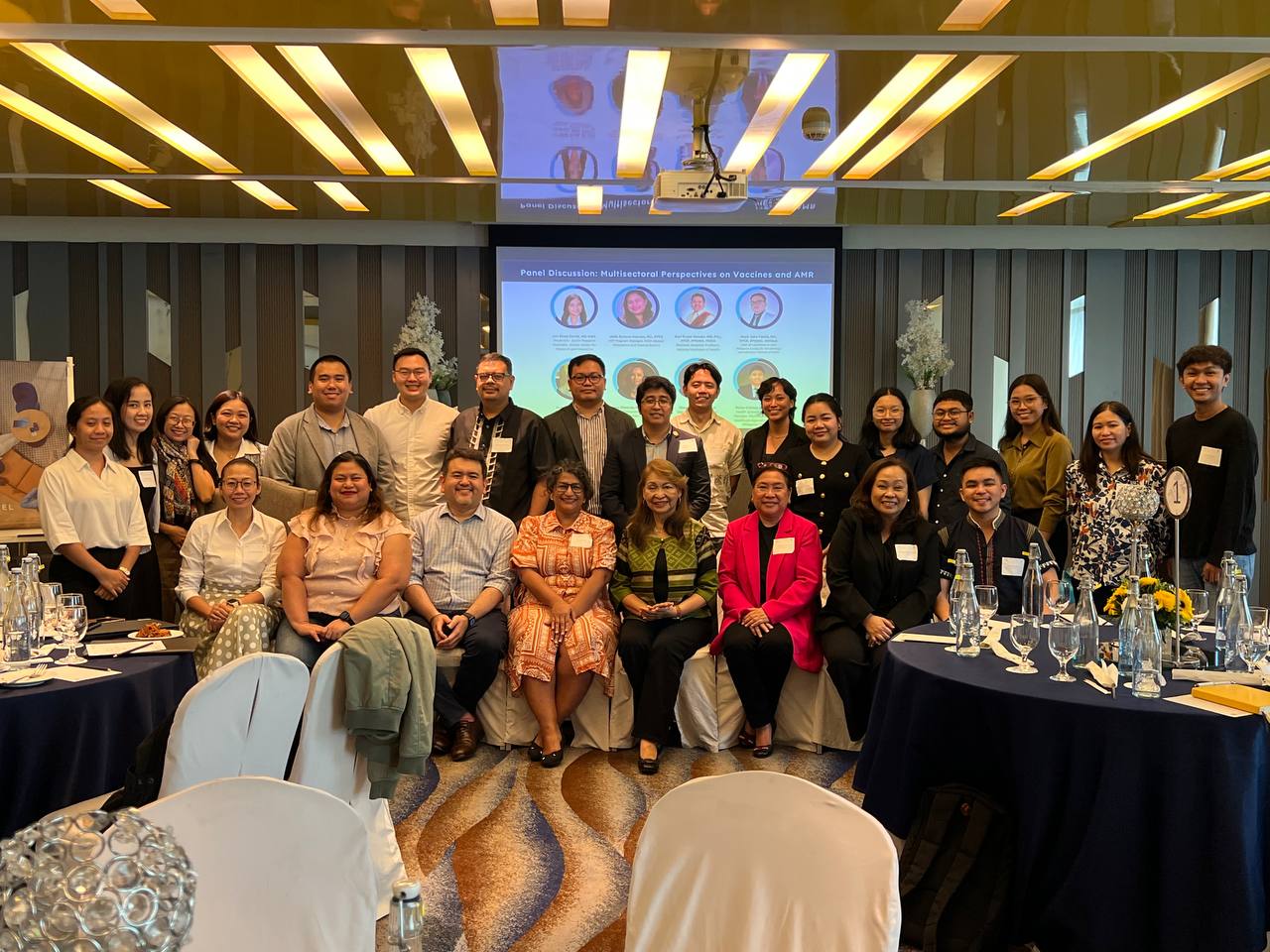
EcoWaste, ACRI Advocates for Safer Holiday Celebrations with "Iwas Paputoxic" Campaign
The EcoWaste Coalition, in partnership with the Ateneo Center for Research and Innovation's (ACRI) Environmental Health Flagship Program, launched "Iwas Paputoxic," a two-part community initiative aimed at promoting safer holiday celebrations as Christmas and New Year approached.

The campaign's first phase kicked off on December 16, 2024, at Gen. Vicente Lim Elementary School in Tondo, Manila, where grade school students learned about the hazards of firecrackers. Beyond raising awareness, the program introduced creative alternatives to traditional noisemakers, encouraging students to create festive sounds using everyday kitchen items like pots, pans, and ladles, as well as recycled materials fashioned into maracas and shakers.
Dr. Percival Lao, an environmental health specialist from ACRI, highlighted the severe health and environmental impacts of fireworks. "Smoke and particulates from firecrackers can trigger asthma and other respiratory issues," he explained. He also mentioned how the chemicals released from ignited firecrackers affects air quality and can leach into the soil and water reserves, becoming a source of contamination which can affect the quality of our resources. Dr. Lao also emphasized the distressing effects of fireworks on both domestic pets and wildlife.
ACRI researcher and environmental health advocate Ms. Anna Enriquez complemented the technical discussion with practical guidance for safer celebrations, focusing on proper waste management and the importance of maintaining safe distances from active fireworks zones.
The campaign's second phase, held on December 27, 2024, in Barangay Bagong Silangan, Quezon City, brought together diverse community stakeholders to discourage the use of dangerous pyrotechnics in welcoming 2025. The event drew participation from barangay officials, law enforcement, fire safety personnel, homeowners' associations, and various civic groups, including the Barangay Silangan Resource Collectors' Association (BASIRCA).
"By embracing 'Iwas Paputoxic,' we protect not only ourselves—especially our children—but also our pets and environment," emphasized EcoWaste Coalition National Coordinator Aileen Lucero. She noted that traditional celebration methods often result in preventable injuries and environmental degradation through air pollution and hazardous waste.
The second phase, organized in collaboration with the Philippine Animal Welfare Society (PAWS), placed special emphasis on protecting animals from fireworks-related distress. Dr. Gelo Apostol, who leads ACRI's Environmental Health Flagship Team, underscored how pyrotechnics pose risks to both human and animal welfare.
This initiative reflects ACRI's ongoing commitment to supporting EcoWaste Coalition's vision of a zero-waste, toxics-free society where communities thrive in a safe and healthy environment.
You may read more here: EcoWaste Coalition Enjoins Families to Go "Iwas Paputoxic" for a Safer New Year's Eve
-

The Unseen Link: Vaccines and Antimicrobial Resistance in the Philippine Context
Antimicrobial resistance is already claiming lives, and the global pipeline for new antibiotics is shrinking. In August 2025, experts gathered to explore a critical question: Can vaccines become a frontline weapon against AMR? The science is clear—by preventing infections, vaccines reduce antibiotic use and slow resistance. But translating this into action means confronting data gaps, political barriers, and financing challenges. As one expert noted: "When we vaccinate, we reduce the frequency of these diseases. That means fewer antibiotics—used and misused." With no country in the Global South yet integrating vaccines systematically into AMR strategies, the Philippines has a chance to lead—if stakeholders can move from consensus to action.
-

Advancing vaccine uptake to mitigate antimicrobial resistance (AMR) in low and middle-income countries of South or South-East Asia
This project explores how strengthening vaccine uptake can serve as a key strategy to mitigate antimicrobial resistance (AMR) in the Philippines and across South and South-East Asia. By reducing the burden of vaccine-preventable diseases and the unnecessary use of antibiotics, the study aims to provide actionable recommendations for national and institutional stakeholders to better integrate vaccination initiatives into AMR control efforts, ultimately contributing to stronger, more resilient health systems.
